Crafting the Perfect Diet for Your Rabbit

Introduction: Rabbits, with their endearing personalities and gentle natures, are beloved pets in many households. However, their dietary needs are often misunderstood, leading to health issues that could easily be avoided. Contrary to popular belief, a rabbit's diet should not be centered around carrots and lettuce. Instead, their diet requires careful consideration to support their delicate digestive systems. This blog post delves into the essentials of a healthy rabbit diet, debunking myths and providing actionable advice for rabbit owners.
Understanding Rabbit Nutrition
Rabbits have evolved to consume a diet primarily composed of grass and hay. This high-fiber diet is crucial for their digestive health, ensuring proper gut function and preventing issues such as GI stasis. Here's what you need to know to feed your rabbit correctly:
The Foundation: Grass and Hay
- Hay: The cornerstone of a rabbit's diet, hay provides the necessary fiber for digestion. Fresh, quality hay should be available at all times for your rabbit to graze on.
- Grass: If possible, fresh grass is a wonderful addition to their diet, but ensure it's free from pesticides and other chemicals.
The Role of Pellets
- Pellets: Commercial rabbit pellets are formulated to provide a balanced diet with all the necessary nutrients. However, pellets should only supplement hay, not replace it. For young rabbits under five months, feed twice a day, shifting to once a day as they mature.
Introducing Greens
- Variety is Key: Incorporate a variety of vegetables into your rabbit's diet, such as broccoli, kale, and fresh herbs. Introduce new greens slowly to avoid digestive upset.
- Caution with Lettuce: Not all lettuce is safe for rabbits; avoid iceberg lettuce, as it can be harmful.
Water: The Essence of Life
- Hydration: Clean, fresh water must be accessible at all times. Check daily to ensure your rabbit's water is not contaminated or frozen in winter months.
Understanding Caecotrophs
- A Unique Aspect of Rabbit Nutrition: Rabbits produce caecotrophs, nutrient-rich pellets they consume directly from their body. This process allows them to extract additional nutrients from their food.
Tips for a Balanced Rabbit Diet
- Monitor Weight: Adjust food quantities based on your rabbit's weight and activity level. Overfeeding pellets and treats can lead to obesity.
- Avoid Sugary Treats: While rabbits enjoy sweet foods, it's important to limit their intake. Opt for healthy treats like small pieces of fruit or commercial treats designed for rabbits.
- Regular Health Checks: Pay attention to your rabbit's eating habits and fecal output. Changes can indicate health issues requiring veterinary attention.
The Dangers of Improper Feeding
Feeding your rabbit the wrong diet can lead to severe health issues, including dental problems, obesity, and gastrointestinal disorders. By adhering to the recommended diet and adjusting as necessary for your rabbit's specific needs, you can ensure a happy, healthy life for your furry friend.
Conclusion
Rabbits are delightful companions that bring joy to many lives. By investing time into understanding and implementing a proper diet, you can significantly impact their health and longevity. Remember, a well-fed rabbit is a happy rabbit, and with the right care, your rabbit can thrive under your loving attention.
No comments





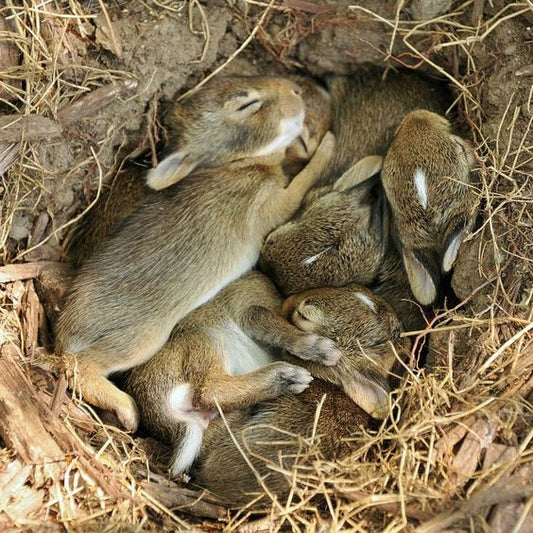




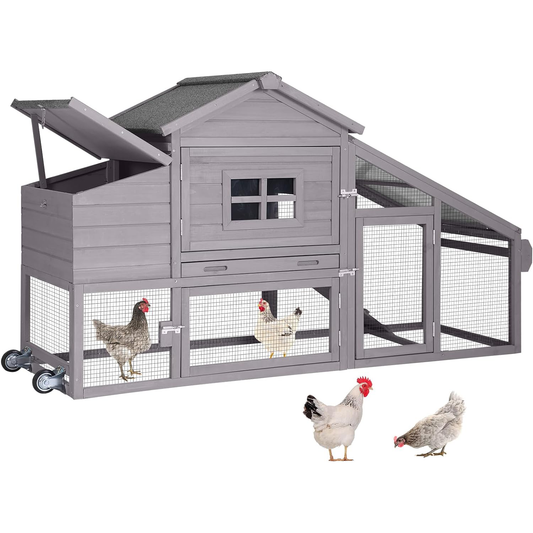

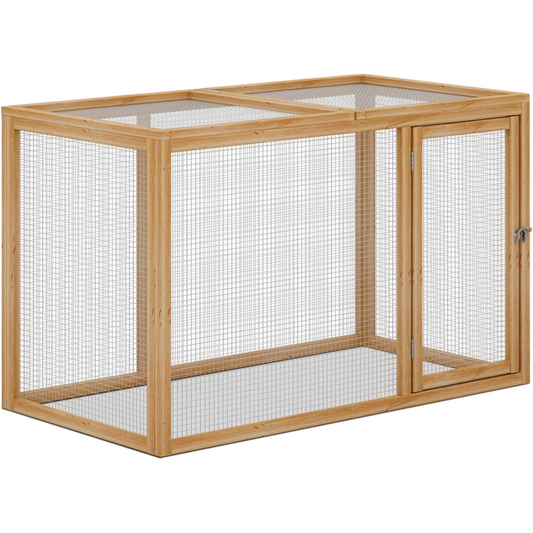

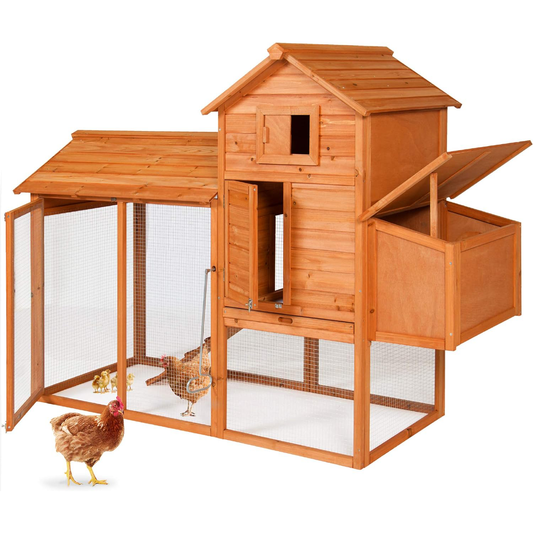




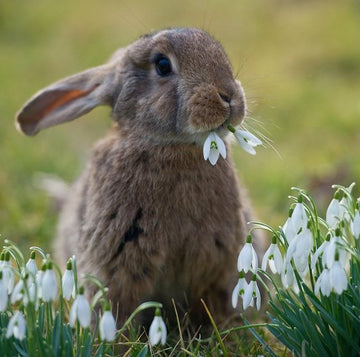

0 comments